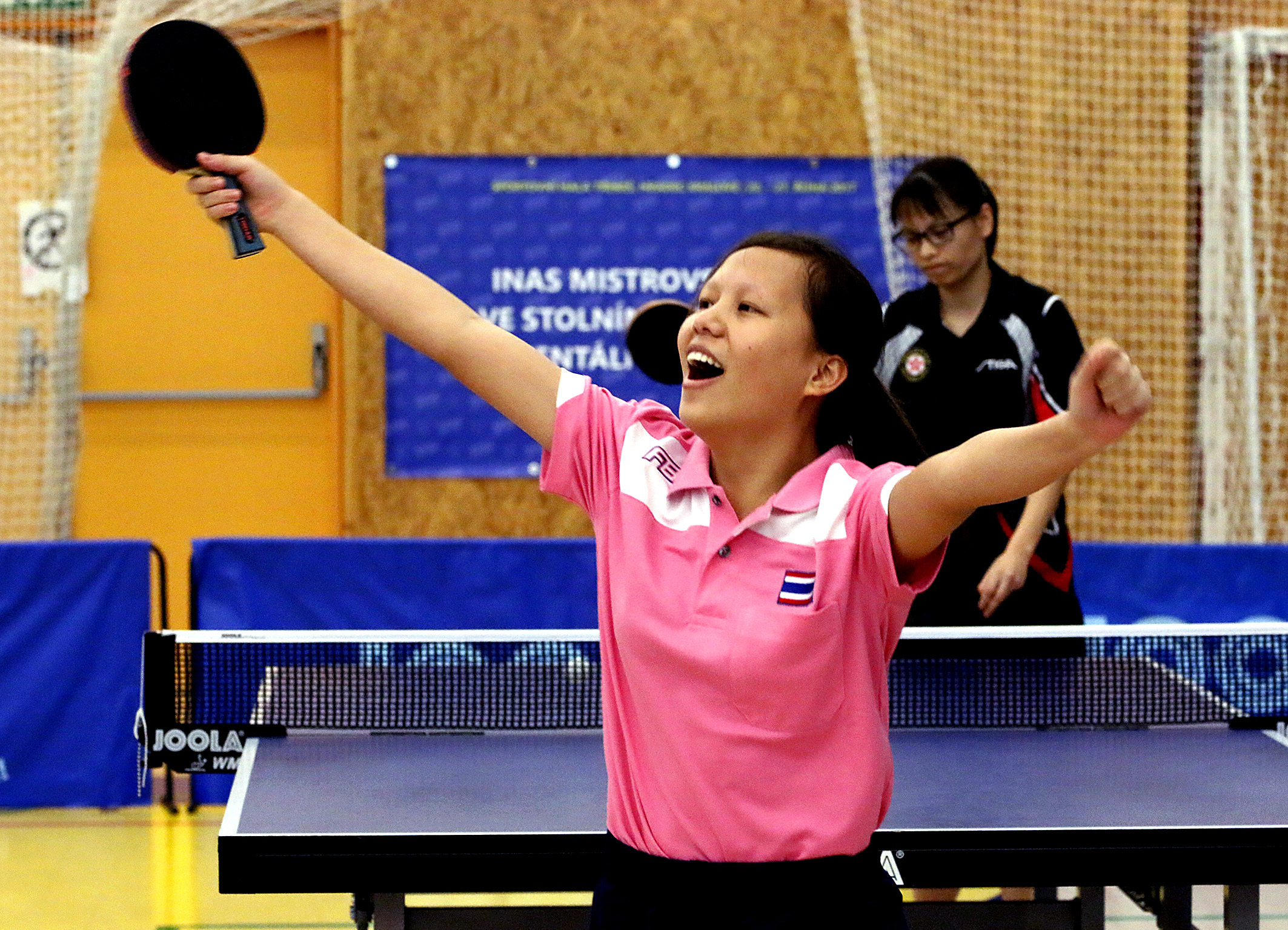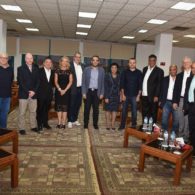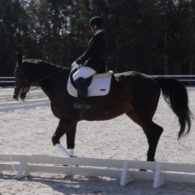What is an intellectual impairment?
Sport for athletes with an intellectual impairment can sometimes be confusing for onlookers.
Some ask ‘why do people who are able bodied get to compete at the Paralympic Games?’ or ‘why does there need to be separate competitions for these athletes?’
The simple answer is that there are many adaptations athletes with intellectual impairments need to make in both training and competitions.
So in order to create a level playing field, like other athletes with impairments, they must meet a certain criteria and compete against others who have a similar level of functioning.
“In basic terms an intellectual impairment means that a person finds it harder to learn, understand and communicate. This has a significant impact on their abilities within sports,” Jan Burns, World Intellectual Impairment Sport’ Head of Eligibility and resident expert, said.
“Things which able-bodied athletes consider routine, such as race tactics, pacing or learning where the best take-off point is for jumps, are harder to for athletes with intellectual impairments.
“For example in a 10,000m race you would ideally want to save yourself for the final few laps. But athletes with intellectual impairments may not be able to manage and adjust to a consistent pace and to resist the impulse of setting an early high pace if the runner beside them sets off fast.
“It also extends to training – if you find it harder to learn from any mistakes or remember what your coach has told you, by the time you get to the track, field or pool you might not be as prepared as someone who can.”
So who decides who is eligible to compete?
There are 14 sports on the World Intellectual Impairment Sport programme. Athletes can compete at the Paralympic Games in three of these – athletics, swimming and table tennis.
For the Paralympic sports there is a two-step process. The first is know as ‘eligibility’. This stage is managed by World Intellectual Impairment Sport and means that an athlete has an eligible impairment.
“We used the World Health Organisation definition to create criteria within which athletes are considered eligible to compete,” Burns explained. “These include an IQ of 75 or less, significant limitations in adaptive behaviour in social and practical situations and the impairments must have been diagnosed before the age of 18.”
Countries submit psychological assessments and other paperwork to World Intellectual Impairment Sport which they think shows that an athlete meets the criteria. These are then assessed by the World Intellectual Impairment Sport Eligibility Panel – made up of a group of expert psychologists from around the world.
Athletes with intellectual impairments compete in the II1 group at World Intellectual Impairment Sport competitions. This is also known as S14 in swimming, T/F20 for athletics and class 11 in table tennis.
For those three sports, once an athlete is found eligible by World Intellectual Impairment Sport, they must then be classified by the relevant International Federation (World Para Athletics, World Para Swimming and the International Table Tennis Federation). Classification determines whether or not an athlete’s impairment affects their sport performance in that particular sport.
“In the other sports not on the Paralympic programme, World Intellectual Impairment Sport uses eligibility to determine whether they can compete,” Burns explained. “We are developing classification systems in other sports, like basketball, but there is a huge amount of research that needs to be done to make them specific to each sport.”
“I think it’s quite incredible how athletes with intellectual impairments compete,” Burns said. “When you think about how hard they have to work mentally just to tune in to the most basic of athletic instincts, it’s so impressive.”
World Intellectual Impairment Sport also has eligibility groups for athletes that include other impairments, such as Down syndrome and autism. More information on all the groups can be found on the World Intellectual Impairment Sport eligibility and classification pages.




